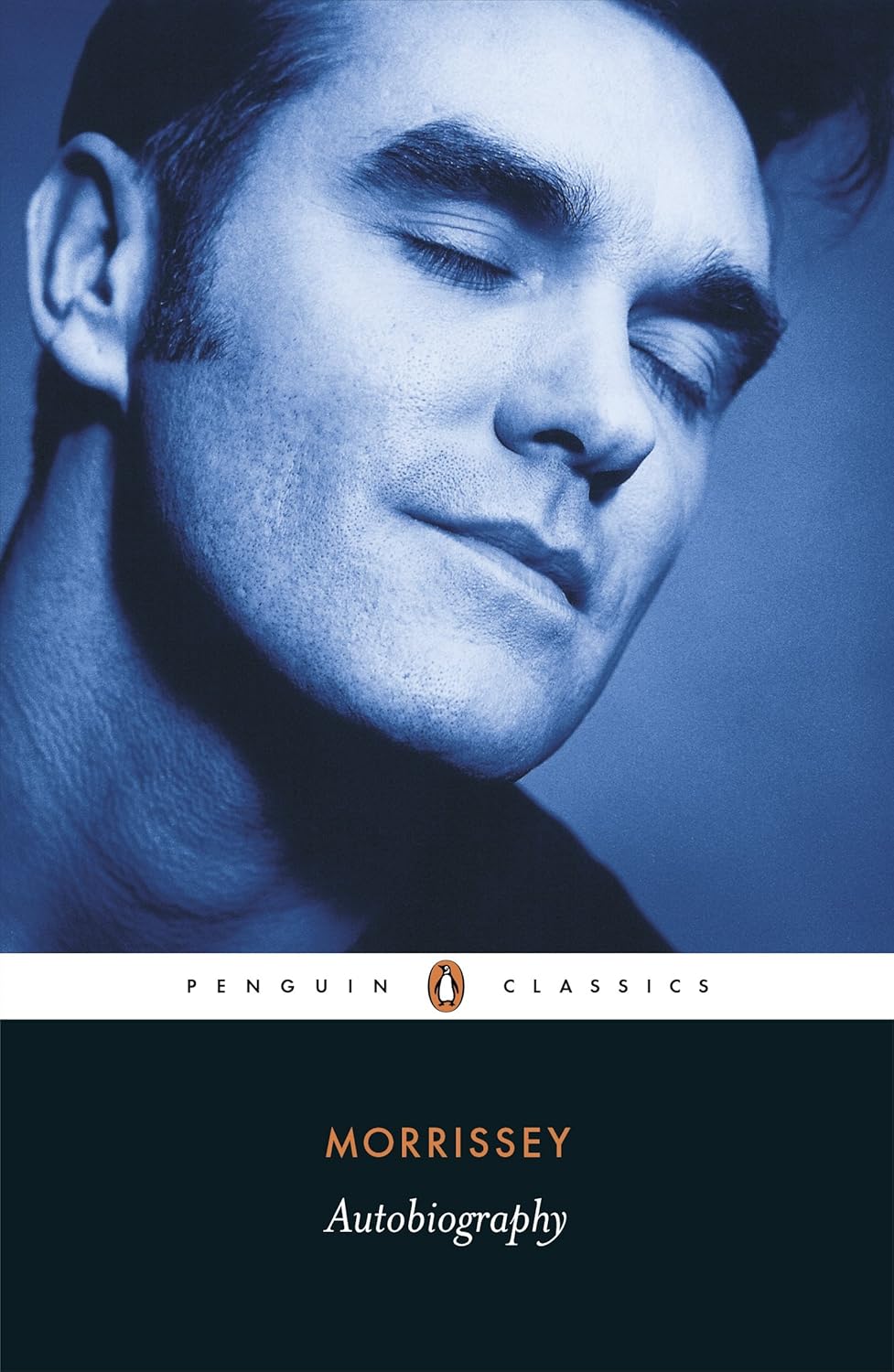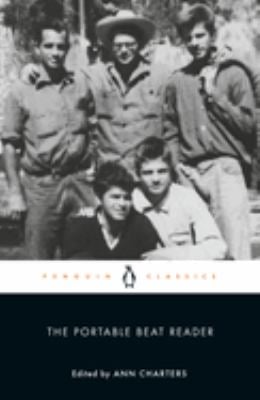Morrissey’s autobiography is published. I duly buy my copy from Gay’s The Word in Marchmont Street.
It certainly deserves to filed alongside the works of Ronald Firbank, Saki and EF Benson; much of it is baroque, haughty camp.
I’m a fan in a restrained, not-queuing-up-overnight sort of a way, enough to know he’s been threatening the book’s appearance for years,  much like Kevin Shields did with talk of a new My Bloody Valentine album. Both these 80s indie veterans finally made good on their promises this year (something astrological about 2013?), and both managed to do so without sending out early press copies or agreeing to promotional interviews. Few magazines, chat shows and radio shows would have said no to a new Morrissey interview plugging the book, yet his only concession appears to have been a single signing appearance in a bookshop in Gothenberg. Gothenberg has a reputation as the Manchester of Sweden, in terms of its passionate love of alternative music. I’ve performed in the city a few times myself, both with Fosca and with Spearmint. In the book, Morrissey returns the compliment: ‘Sweden always feels like a reward… It is warming to be a part of Göteborg life… Nothing but promise erupts from everywhere in Sweden, and the life-giving enthusiasm of the audience feeds me.‘
So Morrissey does no interviews, and I can’t say I blame him. The book itself is full of incidences, after all, where journalists have twisted his words against him – sometimes to libellous effect. But the British media, like nature, abhors a vacuum, so there’s been a slew of comment pieces – including several before the book was even out, built on sheer speculation about what the book might contain. In this way, Morrissey is like a member of the royal family he so despises: I couldn’t help thinking of the coverage of Kate Middleton, hacks waiting for her to give birth, filling up time and space that could have been gone to actual facts, with reams of unnecessary, un-asked for, and utterly unqualified comment.
The only fact that was known about the Moz book was that it would be a Penguin Classic, the result of a jokey wish the singer made in a Radio 4 interview a few years ago. Penguin Books were, it turns out, happy to indulge him in this piece of wry and knowing packaging, and good for them.
It should go without saying – but it turns out it doesn’t – that it’s not a proper Penguin Classic, not least because it lacks the usual scholarly annotations and critical introduction and Note On The Text and so on. The back cover blurb is also in a different typeface to the usual PC one, thus announcing the Moz book as a separate animal in its own right, if only people would pick it up to see.
Aesthetic jokes aside, Penguin has often played fast and loose with what counts as a ‘classic’ in their eyes as it is. They ditched the date barrier that roughly kept the Classic Classics pre-1918 and the Modern Classics post-1918 long ago. It’s not even the first time a rock star still alive in 2013 has had their words published by the imprint. Bob Dylan’s lyrics can be found in The Portable Beat Reader.Â
Actually, Morrissey constantly quotes his own lyrics in his book too.
But predictably, several commentators have insisted that Penguin has now ‘damaged’ its Classics line’s reputation. Such writers are only damaging their own reputation. If anything, Penguin has enhanced its brand further, by showing it has a sense of humour and a respect for wit. Wit is, after all, the brevity of the soul. I also salute Penguin for allowing a high profile book’s first edition to come out as an affordable, easy-to-recycle £8.99 paperback rather than a £19.99 resources-guzzling hardback (the publishing ‘two tier’ system is a bete noire of mine).
Two favourite revelations in the book. One is that Morrissey didn’t think ‘There Is A Light That Never Goes Out’ was good enough for The Queen Is Dead. Mr Marr won him over. The other is that Peter Wyngarde always answers the phone with the phrase ‘There you are!’
Tags: Books, morrissey







